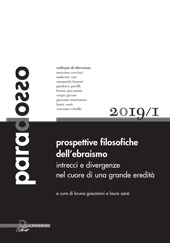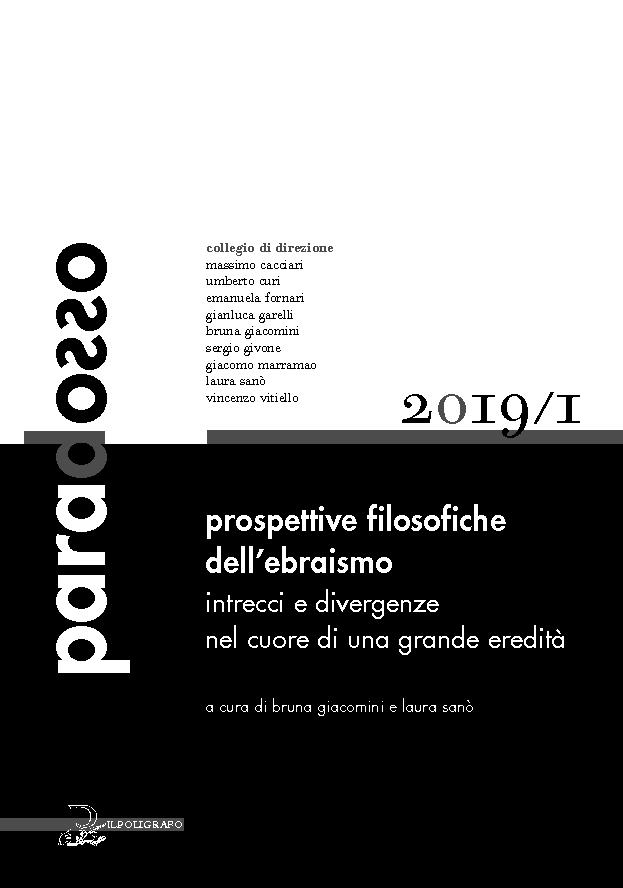Tutti i poeti sono ebrei : poesia e destino in Paul Celan
P. 79-93
This essay deals with a poet, however it is meant to be a philosophical one. It concerns the place that Paul Celan's poetry occupies in the post-Holocaust Jewish thought. It wonders about what happened to the human world after Auschwitz's event and if poetry can talk about it without falling into the aestheticism denounced by Theodor Adorno. What is the role of Celan's poetic thought in the philosophy of the twentieth-century then? And, viceversa, what is the role that philosophy plays in the poetics of Paul Celan? In this respect, the relationship with Martin Heidegger is the most significant, not only for Heidegger's well-known Nazi background, but also because Heidegger considered poetry as the word of truth more than any other.
For this reason, theirs is a relationship of closeness in the greatest distance. What divides them is the opposite conception of being and "destiny". In conclusion, the aim is to prove that Celan's poetry is in the context of twentieth-century philosophy the only real alternative to Heidegger's Ereignis theory, but, of necessity, a tragic one, since only tragic thought can stand up against a horrible fate as an extreme witness of the human in an inhuman world. [Publisher's text]
Fait partie de
Paradosso : rivista di filosofia : 1, 2019-
Articles du même numéro (disponibles individuellement)
-
Informations



